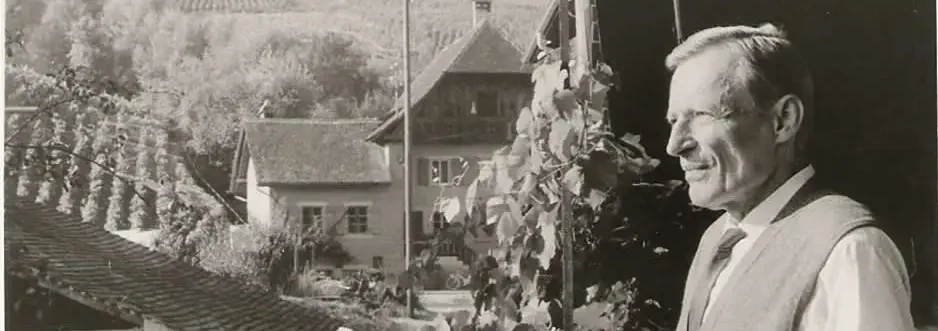
Who is Jean Gebser?
Jean Gebser (1905-1973) was a German-born Swiss philosopher, linguist, and poet who made significant contributions to the understanding of human consciousness and cultural evolution. His magnum opus, “The Ever-Present Origin” (1949), outlines a theory of the unfolding of human consciousness through five distinct stages or “structures”: the archaic, magical, mythical, mental, and integral. Gebser’s work has had a profound influence on fields as diverse as anthropology, psychology, sociology, and comparative religion, offering a unique perspective on the development of human culture and the challenges facing modern society.
-
Gebser’s Theory of the Structures of Consciousness
1.1 The Archaic Structure
Gebser’s theory begins with the archaic structure, which he characterizes as a state of undifferentiated unity between self and world. In this stage, consciousness is not yet self-aware and is completely immersed in the present moment. This structure is associated with the earliest human ancestors and is seen as a pre-linguistic, pre-conceptual mode of being.
1.2 The Magical Structure
The magical structure emerges as a first step towards differentiation and self-awareness. In this stage, humans begin to distinguish themselves from their environment but still experience a strong sense of participation and connection with the world around them. Magical consciousness is characterized by a sense of oneness with nature, animism, and the belief in the power of rituals and spells to influence reality.
1.3 The Mythical Structure
The mythical structure marks a further development in the differentiation of consciousness, as humans begin to use language and symbolic thought to make sense of their world. In this stage, reality is understood through myths, stories, and archetypal images that provide a coherent narrative and structure for human experience. The mythical consciousness is characterized by a sense of cyclical time, the importance of genealogy and lineage, and the emergence of polytheistic religions.
1.4 The Mental Structure
The mental structure represents a major shift in human consciousness, as abstract thinking, rationality, and individualism come to the forefront. In this stage, the world is understood through logical analysis, scientific inquiry, and a linear conception of time. The mental consciousness is associated with the rise of monotheistic religions, the development of philosophy and science, and the emergence of the modern nation-state.
1.5 The Integral Structure
Gebser’s final stage is the integral structure, which he sees as an emergent potential for human consciousness. The integral structure is characterized by a reintegration of the earlier structures, transcending the limitations of mental rationality while retaining its insights. In this stage, individuals experience a heightened sense of interconnectedness, a recognition of the multidimensional nature of reality, and a new capacity for creative expression and spiritual realization.
-
Gebser’s Critique of Modern Society
2.1 The Dominance of the Mental Structure
Gebser argues that modern Western society is largely dominated by the mental structure of consciousness, which has led to a fragmented and one-sided view of reality. He sees the overemphasis on rationality, individualism, and materialism as a source of many of the crises facing the modern world, including environmental destruction, social inequality, and existential alienation.
2.2 The Deficient Forms of the Mental Structure
According to Gebser, each structure of consciousness has the potential to manifest in both “efficient” and “deficient” forms. In the case of the mental structure, the deficient forms include the hyper-rationality of scientism, the nihilism of existentialism, and the relativism of postmodernism. These deficient forms represent a kind of exhaustion or collapse of the mental structure, as it reaches the limits of its own premises.
2.3 The Need for Integration
Gebser argues that the key to addressing the challenges of modern society lies in the cultivation of the integral structure of consciousness. This involves a reintegration of the earlier structures, not as a regression to pre-rational modes of being, but as a higher synthesis that transcends and includes the mental structure. Gebser sees this integration as a necessary step in the evolution of human consciousness, one that requires a fundamental reorientation of our values, worldviews, and ways of knowing.
-
The Influence of Gebser’s Work
3.1 Impact on Integral Theory
Gebser’s theory of the structures of consciousness has been a major influence on the development of integral theory, particularly in the work of American philosopher Ken Wilber. Wilber has incorporated Gebser’s insights into his own model of the evolution of consciousness, which he sees as unfolding through a series of stages or “waves” that recapitulate and build upon earlier structures.
3.2 Applications in Psychology and Psychotherapy
Gebser’s ideas have also found application in the fields of psychology and psychotherapy, particularly in approaches that emphasize the integration of different levels of consciousness. Transpersonal psychology, for example, draws on Gebser’s work to explore the higher potentials of human development, while some forms of depth psychology use his theory to understand the archetypal dimensions of the psyche.
3.3 Relevance to Contemporary Challenges
Perhaps most importantly, Gebser’s work offers a valuable perspective on the challenges facing contemporary society. His critique of the limitations of the mental structure and his call for the cultivation of integral consciousness resonate with growing concerns about the sustainability and future direction of modern civilization. As we grapple with issues such as climate change, social fragmentation, and the crisis of meaning in a post-traditional world, Gebser’s insights provide a framework for understanding the deeper cultural and psychological dimensions of these challenges.
-
Legacy
Jean Gebser’s theory of the structures of consciousness represents a profound contribution to our understanding of human development and cultural evolution. His work challenges us to reconsider our assumptions about the nature of reality, the sources of knowledge, and the possibilities for human growth and transformation. While Gebser’s ideas remain controversial and are not without their critics, they continue to inspire and inform efforts to cultivate a more integrated and holistic approach to the challenges of the modern world. As we navigate the complexities of the 21st century, Gebser’s vision of the integral structure of consciousness offers a guiding light and a source of hope for the future of humanity.
Read More Depth Psychology Articles:
Taproot Therapy Collective Podcast
Jungian Topics
How Psychotherapy Lost its Way
Therapy, Mysticism and Spirituality?
What Can the Origins of Religion Teach us about Psychology
The Major Influences from Philosophy and Religions on Carl Jung
How to Understand Carl Jung
How to Use Jungian Psychology for Screenwriting and Writing Fiction
How the Shadow Shows up in Dreams
Using Jung to Combat Addiction
Jungian Exercises from Greek Myth
Jungian Shadow Work Meditation
Free Shadow Work Group Exercise
Post Post-Moderninsm and Post Secular Sacred
The Origins and History of Consciousness
Jung’s Empirical Phenomenological Method
The Future of Jungian Thought
Bibliography:
Gebser, J. (1985). The Ever-Present Origin. Ohio University Press.
Feuerstein, G. (1987). Structures of Consciousness: The Genius of Jean Gebser. Integral Publishing.
Combs, A. (2009). Consciousness Explained Better: Towards an Integral Understanding of the Multifaceted Nature of Consciousness. Paragon House.
Lachman, G. (2017). The Lost Knowledge of Imagination. Floris Books.
Morse, D. (1998). Perspectives on Civilization: A Transpersonal Study of Jean Gebser and Lewis Mumford. Journal of Transpersonal Psychology, 30(2), 120-140.
Wilber, K. (2000). Integral Psychology: Consciousness, Spirit, Psychology, Therapy. Shambhala Publications.






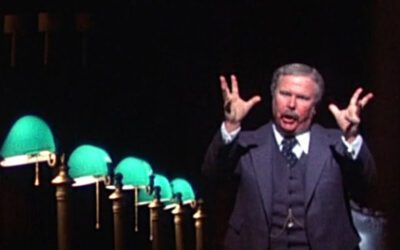











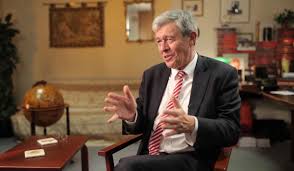

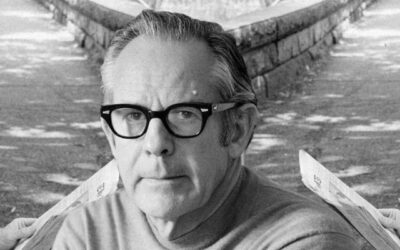
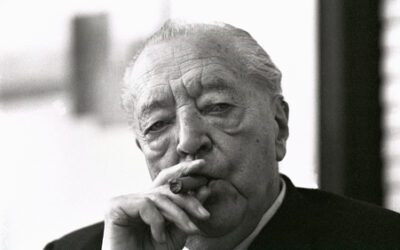
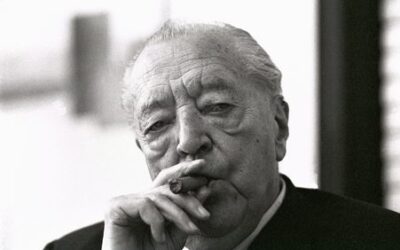
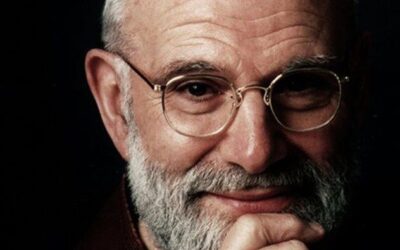


0 Comments